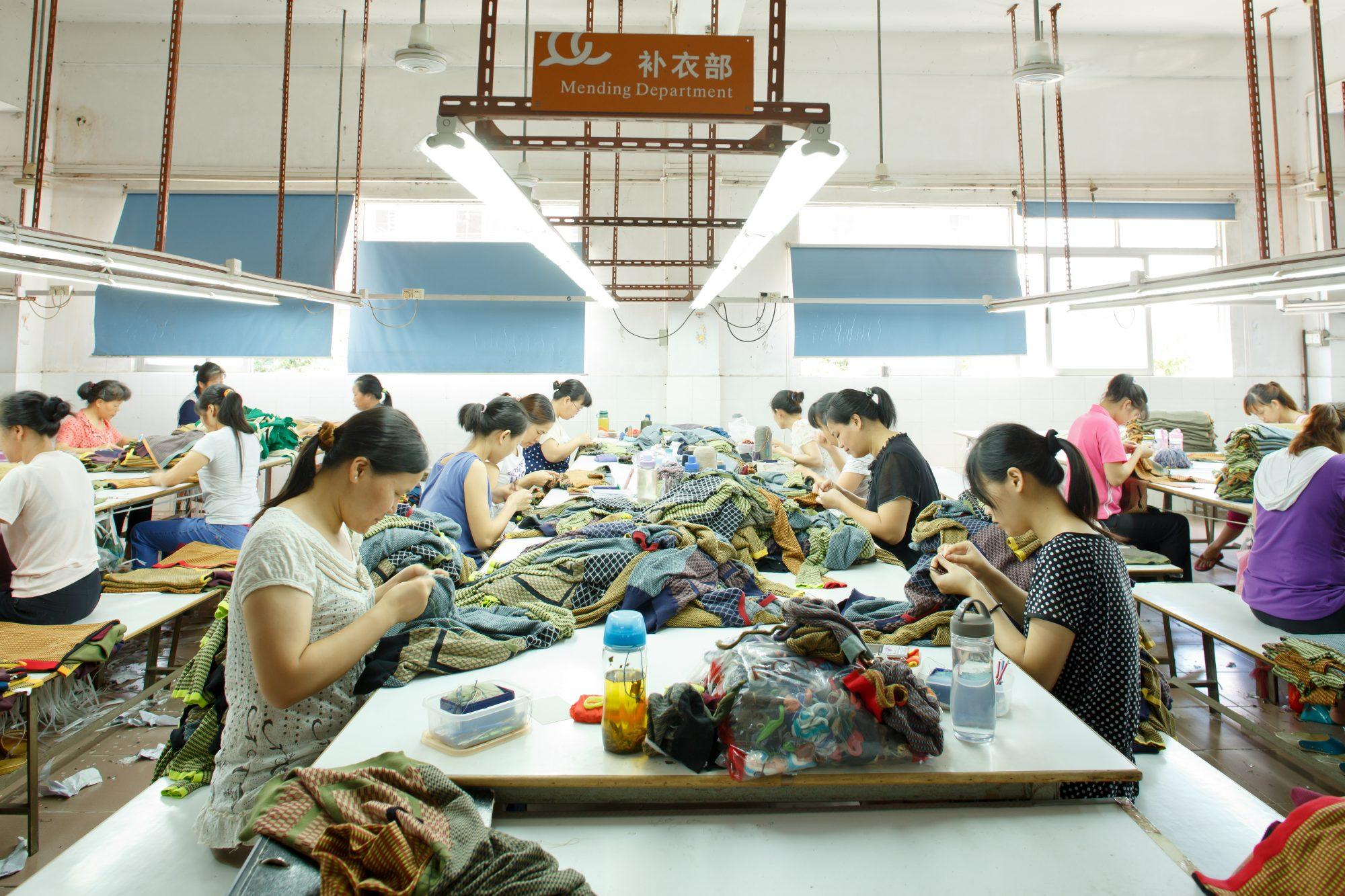By Jolin Hoang | Staff Writer

The fast fashion industry consists of the mass production of trendy, high-fashion clothing pieces at a low price. The industry should not be supported because it harms the environment, and many businesses that produce fast clothing exploit their workers.
Fast fashion is a term used to describe the exceedingly fast sales fashion retailers receive in a certain period of time. The ever-changing style trends have pushed the fashion industry to a point where the quantity of the clothing is now preferred over the quality. These fast fashion brands include such notable names as Shein, YesStyle, Romwe, Uniqlo, H&M, Urban Outfitters, Victoria’s Secret and Fashion Nova.
The chemicals used to produce fast fashion clothing pieces are thrown in landfills and into the environment. When clothing pieces are washed or thrown away each year, 500,000 tons of microfibers end up in the ocean. This threatens the aquatic ecosystem, as the microfibers ingested by the aquatic animals introduce plastic in food consumables.
According to Borgen Magazine, “Fast fashion accounts for [ten percent] of all carbon emissions in the world and it is the second largest industry when it comes to pollution behind the oil industry.”
The fast fashion industry also overworks and underpays its workers in countries where poverty rates are exceptionally high, as labor is cheap within these countries.
According to Sustain Your Style, “Employees usually work with no ventilation, breathing in toxic substances, inhaling fiber dust or blasted sand in unsafe buildings.”
The working conditions of these factories are unsuitable for workers, as the exposure from toxic substances is harmful to the body and can cause cancer. These work conditions are extremely detrimental because children also work in factories under these conditions.
Additionally, “120,000 girls work under the Sumangali scheme, a practice which involves sending young girls from poor families to work in a textile factory for three or five years in exchange for a basic wage and a lump sum payment at the end to pay for their dowry.”
The horrific working conditions of these young girls can be classified as modern slavery, as forced labor and the use of child labor is included in the definition.
“Slave labor sneaks into the fashion industry in untold ways, from cotton [workers] who are kept in debt bondage by their employers, to children who are lured into coerced factory labor via promises of free education,” according to SWAAY Media.
These workers are exploited and are not paid enough to provide basic essentials for themselves or their families. They are forced to work overtime in order to meet the unrealistic demands of corporate consumerism.
However, there are many ways we can help reduce the impact of fast fashion on the environment and support garment workers. Individuals can start buying from sustainable brands, such as Patagonia, Pact, and Girlfriend Collective. Purchasing second hand clothing can also help reduce our carbon footprint and help the environment, as most people already shop and find popular clothing pieces at thrift stores.
Supporting organizations such as the Clean Clothes Campaign, Labour Behind the Label, and Remake can help fast fashion garment workers. These organizations put pressure on brands to pay suppliers in full for all the orders that were paused or canceled due to the pandemic. Donations to organizations such as The Women and Girls Solidarity Fund, can provide women working in the textile industry and their families with emergency food packages and basic essentials.
Fast fashion may be easily accessible to many who are unable to keep up with or afford ever-changing fashion trends, but keep in mind that the funds used to purchase from the fast fashion industry causes undeniable harm to women and children working in factories.






